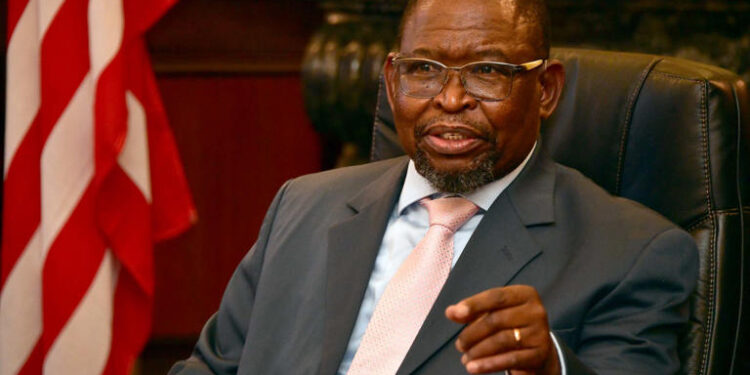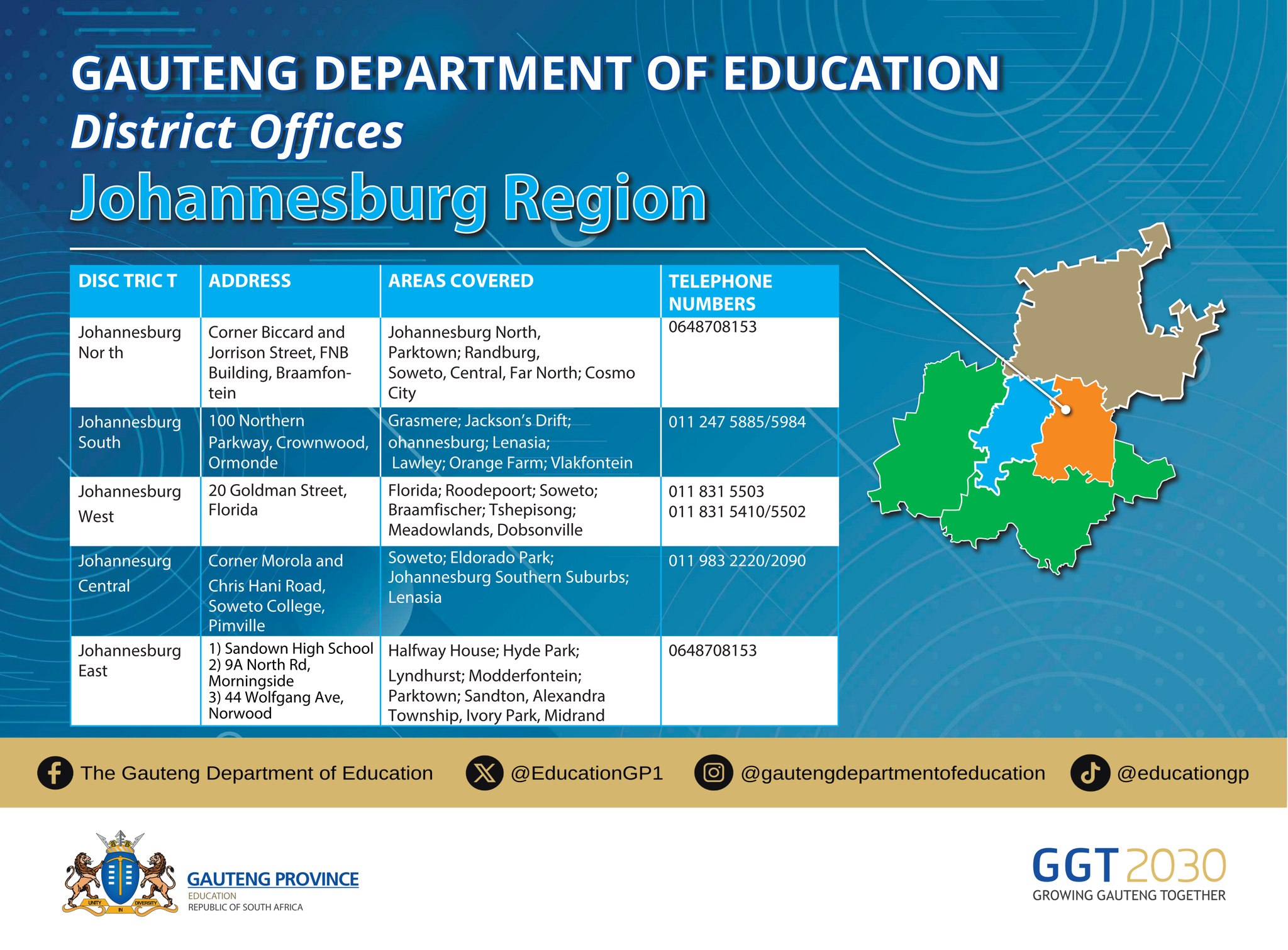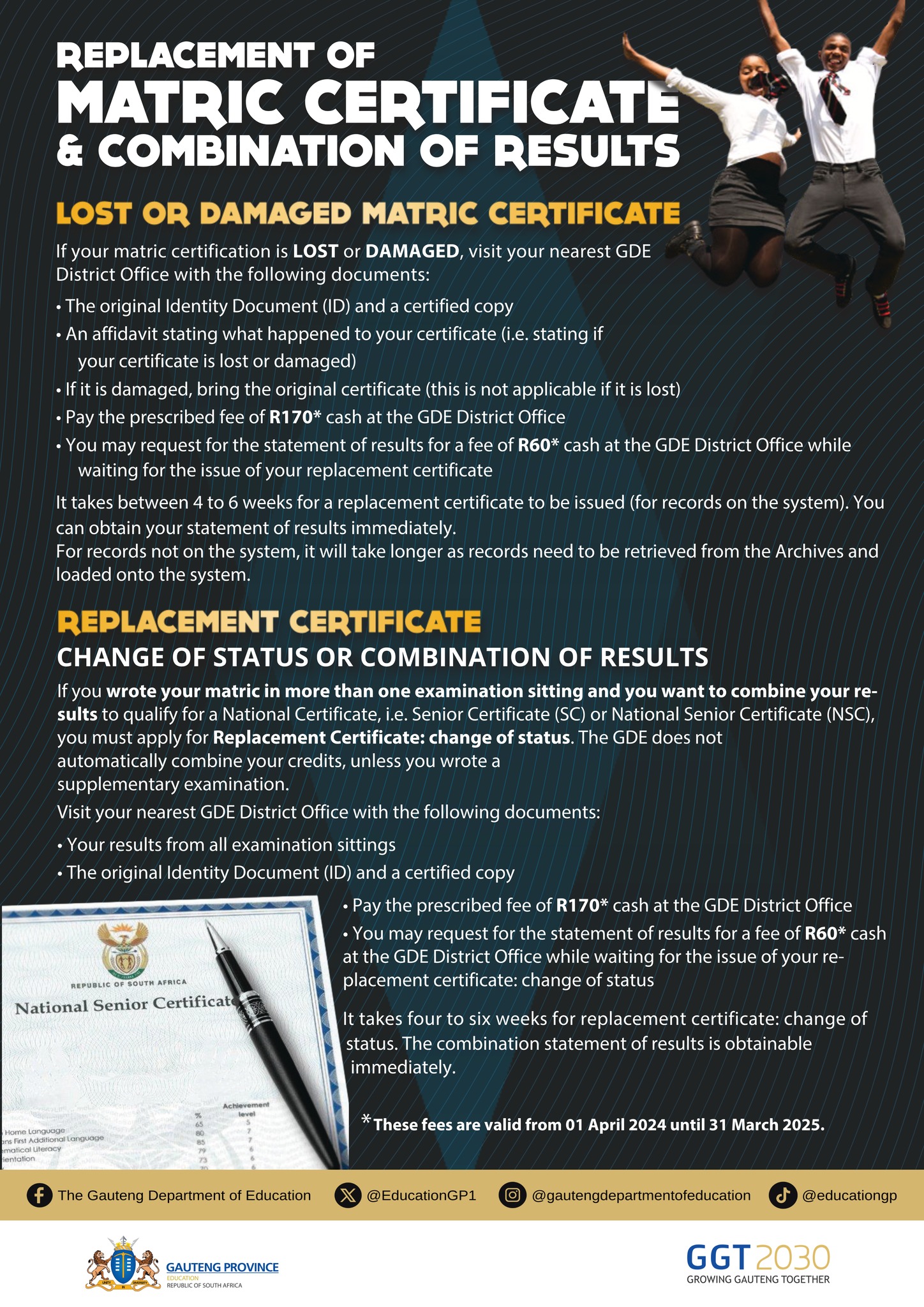By Gareth Stokes,
The ‘budget that never was’ sent corporate event managers and public relations staff into a bit of a tailspin, requiring them to make last minute tweaks to post-budget content and event plans that had been ‘locked in’ months in advance. It made life difficult for journalists too, forcing us to find other news and views to share with our voracious readerships.
The post ‘budget that never was’ show
Many brands substituted their planned post-budget review events with post ‘the budget that never was’ shows; and they did not mince their words.
A PwC discussion hosted by Bruce Whitfield and featuring journalist Qaanitah Hunter; the CEO of Business Leadership South Africa (BLSA); and three experts from the audit firm, was one of the most critical of government your writer has attended in some time.
“It is weird that we are having a 2025 Budget Speech breakfast without having had a budget speech,” Whitfield mused, before launching into “the torture” of his assembled panellists. First up. CEO of PwC South Africa, Shirley Machaba, set the scene for a discussion on fiscal discipline, but not before highlighting economic growth as a cure for most of what ails the country.
“We are aligned with the United Nations Sustainable Development Goals, and through this alignment, we aim to contribute for a future where economic progress is balanced with social and environmental responsibility,” she said. “We firmly believe that responsible growth for a sustainable future is not just an aspiration but a responsibility that we all share.” This was as benign as the debate got.
Within minutes, Whitfield and Hunter were debating whether South Africa had a working Government of National Unity (GNU). “We have 0.8% growth, we have seen a few more jobs created, and we have a government in place, but that does not mean that the government is working,” complained Bruce. The journalist countered with optimism, saying that the budget ‘mess’ was an excepted outcome of the African National Congress’ (ANC’s) diminishing political power. Hunter welcomed the multi-party coalition post the May 2024 National Elections and the way the budget impasse had played out as reasons for optimism.
Meanwhile, at another webinar elsewhere…
Your writer has since unearthed a contrary view. In a presentation to a PSG Investments ‘Think Big’ webinar, political journalist, commentator, and best-selling author, Justice Malala, described the budget delay as a failure in political management, and warned that South Africa could not afford missteps of this scale. He said a country’s budget should set the tone for economic direction, and that the pace of reform since the election had not lived up to the optimism around the GNU.
Malala said the country’s 75% debt-to-GDP was unsustainable and that economic growth through structural reforms were key, not higher taxation. As for government spending, the commentator offered the common-sense message: “We do not necessarily spend too much; we just [fail to] spend effectively. Capital spending is not prioritised, and the recent public sector wage bill has created further financial pressure without a clear way out.” The big question that commentators are wrestling with is whether the GNU partners can set South Africa Inc on a corrective path without the type of brinkmanship witnessed around the 2025 Budget.
So, why did the DA and other GNU partners wait until the last minute to scupper the event? “The ANC forgets that they are not governing alone, and they have to be constantly reminded,” Hunter said. She suggested that the DA was wielding its access to power within the GNU as an audition for the next election. She opined that the noise following the postponement was not indicative of dysfunction, but an inevitable part of multi-party coalitions. Also, the responsibility for pre-budget approval vests with the person or party delivering it.
The economic lens
Lullu Krugel, Chief Economist at PwC South Africa, was asked to interpret recent events through an economics lens. She commented that despite improvements in areas like energy, it would take longer than a couple of years to undo the damage caused over the past decade.
“It has been a while since South Africa has seen a fiscal policy and budget that really achieves what it is supposed to; fiscal policy is supposed to be our growth mechanism,” she said. Put differently, the upcoming budget should focus on cutting taxes, reducing expenses, and putting money back into the economy rather than hiking VAT or any other tax. The economist lamented government’s failed promises to rein in expenses, going back years.
Having learned from ex-DA leader Helen Zille’s one-time Singapore blunder, Whitfield praised the GDP growth achieved by the Philippines and Vietnam instead.
His suggestion was to acknowledge the past, but position for the future. Busisiwe Mavuso, CEO of BLSA, was scathing on South Africa’s recent growth record. She said government had scored countless own goals and condemned the decades-long “looting of state coffers” that has taken place under ANC rule. She also welcomed recent ratings agency upgrades from the likes of Moody’s and Standard and Poor’s: “The market is signalling optimism [on] what is currently happening in the country.”
Mavuso agreed with Whitfield that government had failed to factor in the private sector in its growth initiatives; but was also critical of big business’ behaviour during the State Capture years. “Local business actively contributed to the industrial scale looting that we saw in this country,” she said. Going forward, business would have to play a role in the private public partnerships to right the country’s state-owned enterprises (SOEs) and address severe shortcomings in areas like energy, transport and logistics, and tackling crime and corruption.
Your clients have been bled dry
After much to and froe, the discussion finally turned to the 2% VAT increase debacle that had scuppered the 19 February 2025 National Budget. Whitfield opined those South African taxpayers had been bled dry over the years, saying that that there was no ‘juice’ left in the proverbial lemon. Kyle Mandy, Africa Tax Technical and Tax Policy Leader at PwC South Africa, agreed, stating that, “SA is at record levels from a personal income tax perspective; we are right up there with the most developed countries in the world.”
The financial and risk advisers among FAnews’ readership are quite familiar with this reality. After all, you have been advising your clients on insurance and investment solutions over one of the toughest decades in history. Measured on GDP per capita, your individual clients have been backsliding for 15-years while your corporate clients have struggled to make inroads in lower than 1% economic growth environment. Unlike government, when incomes dwindle, your clients are forced to cut anything they view as ‘non-essential’ from the spending side.
As for the tax burden, the so-called Laffer Curve effect is on naked display. “Treasury learned that lesson the hard way when they increased the top marginal rate from 41% to 45%; government collected less revenue after this hike than if they had left things unchanged,” Mandy said.
Image: eNCA!










